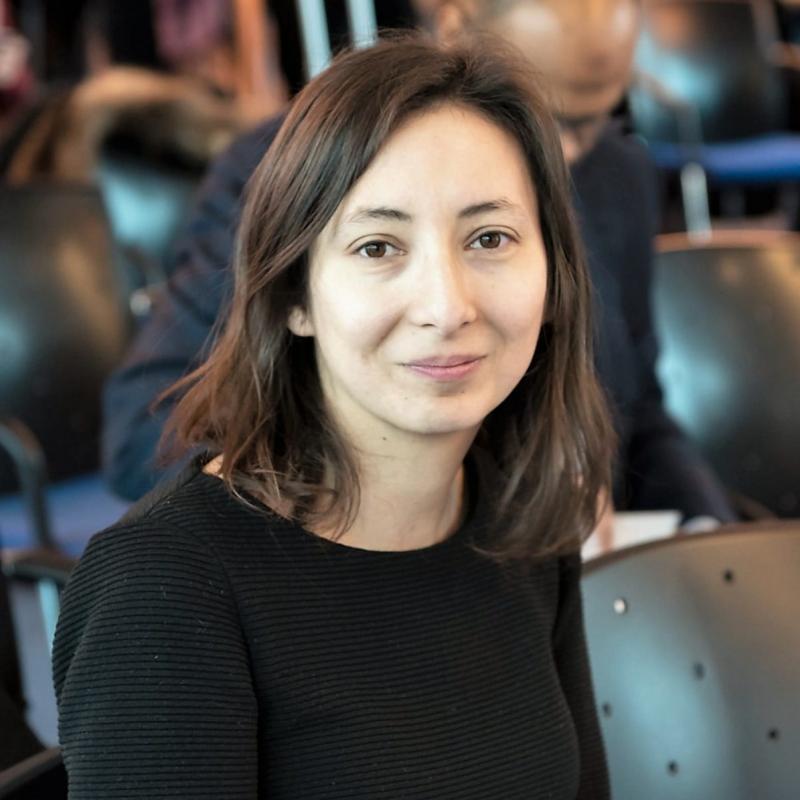Breadcrumb
The Global Security Program led by Annette Idler has been awarded a grant by the US Department of Defense as part of their 2021 Minerva Research Initiative.
The Global Security Program: Contested Space, Illicit Flows, and Order in the Contemporary World will receive $3.5m over the next five years to investigate "how and under what conditions governance arrangements among violent non-state actors and state actors in contested cross-border spaces emerge, shift, and eventually catalyse global security threats via global illicit supply chain networks".
“I feel very honoured that our project on “Global Security Program: Contested Cross-border Spaces, Illicit Flows, and Order in the Contemporary World” was awarded a Minerva Research Initiative grant. This will allow us to tackle hard questions on how to enhance global security in a world that is increasingly interconnected – both in the upper- and the underworld,” said Dr Idler.
The Minerva Research Initiative supports social science research aimed at improving our basic understanding of security, and with particular relevance to US national security. The overall award amount is $28.7m and only 17 programmes were selected among 220 applicants. Oxford is the only non-US university.
Project abstract
What drives global security threats and how are they related to governance in border areas? This project sheds light on a critical blind spot in national and global security thinking: contested cross-border spaces where state actors and violent non-state actors such as criminals, insurgents, and terrorists cooperate and compete in governing territory, (illegal) economic transactions, and populations.
The project seeks to explain under what conditions governance dynamics in such spaces facilitate the emergences of global security threats. We argue that global illicit supply chain networks that span contested cross-border spaces embedded in unstable regions are crucial in turning local security risks into a globally relevant phenomenon. We study how this mechanism works, and how it helps proliferate criminal violence, strengthen violent non-state actors, and shift the global balance of power. We expect that, together, these intersecting dynamics undermine global security, influencing order in the contemporary world.
Our interdisciplinary team based at the University of Oxford, Harvard University, George Washington University, George Mason University, University of Toronto, and Tufts University uses a multi-method nested analysis research design. Bringing together the social sciences with complexity science, we work across different levels of analysis ranging from the local, and national, to the transnational and global level, with a particular focus on South Asia, the Middle East, the Horn of Africa, the Andean Region and the Golden Triangle.
Three features characterise our research approach: (i) epistemologically, we combine a bottom-up, transnational borderland lens with complexity theory to provide original insights into security risks that can fuel national and global threats; (ii) analytically, we develop a “glocal” approach that integrates geospatially referenced data across multiple geographic scales into one comprehensive model; (iii) methodologically, we integrate data science with people-centred methodologies to obtain generalisable results.



